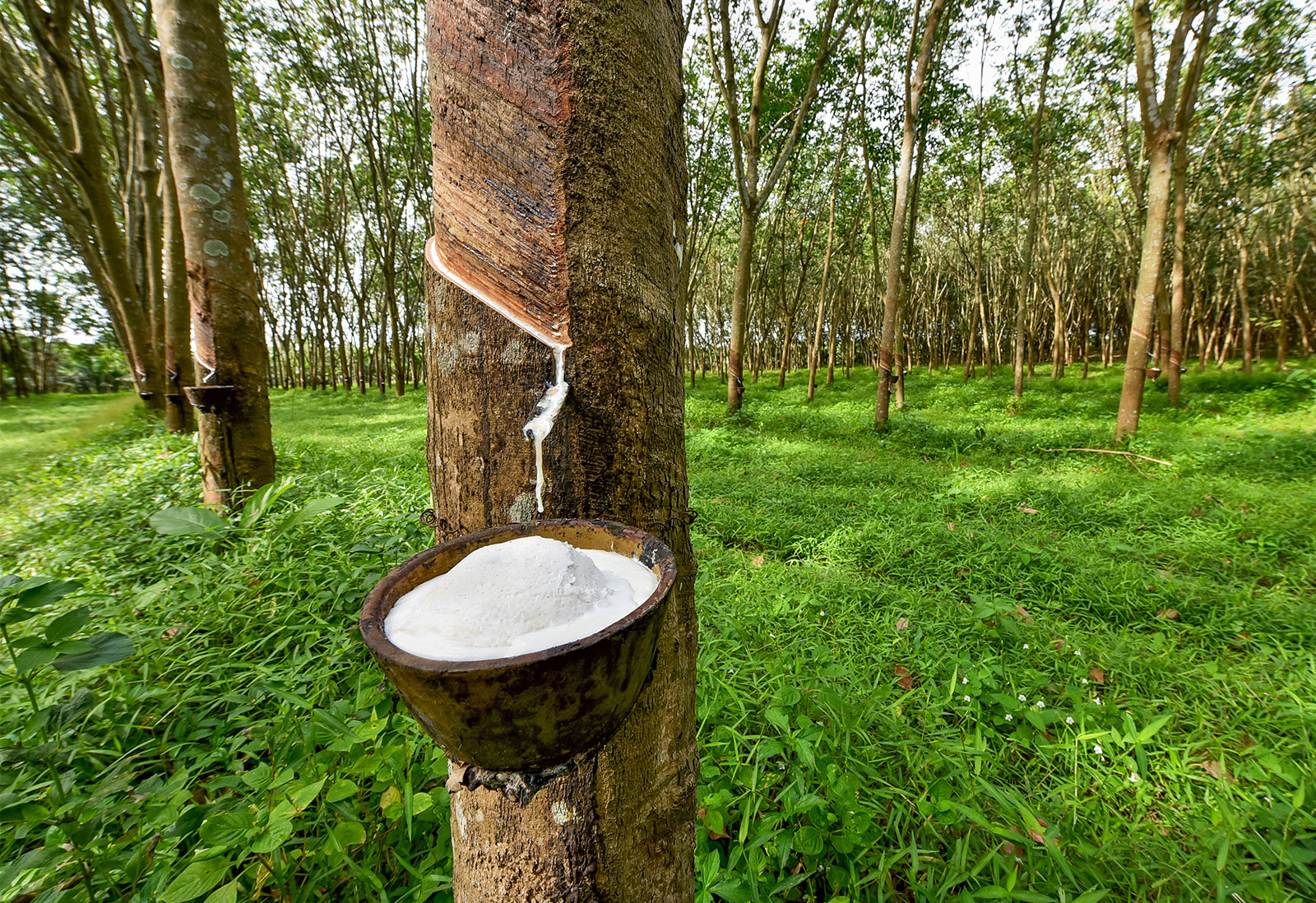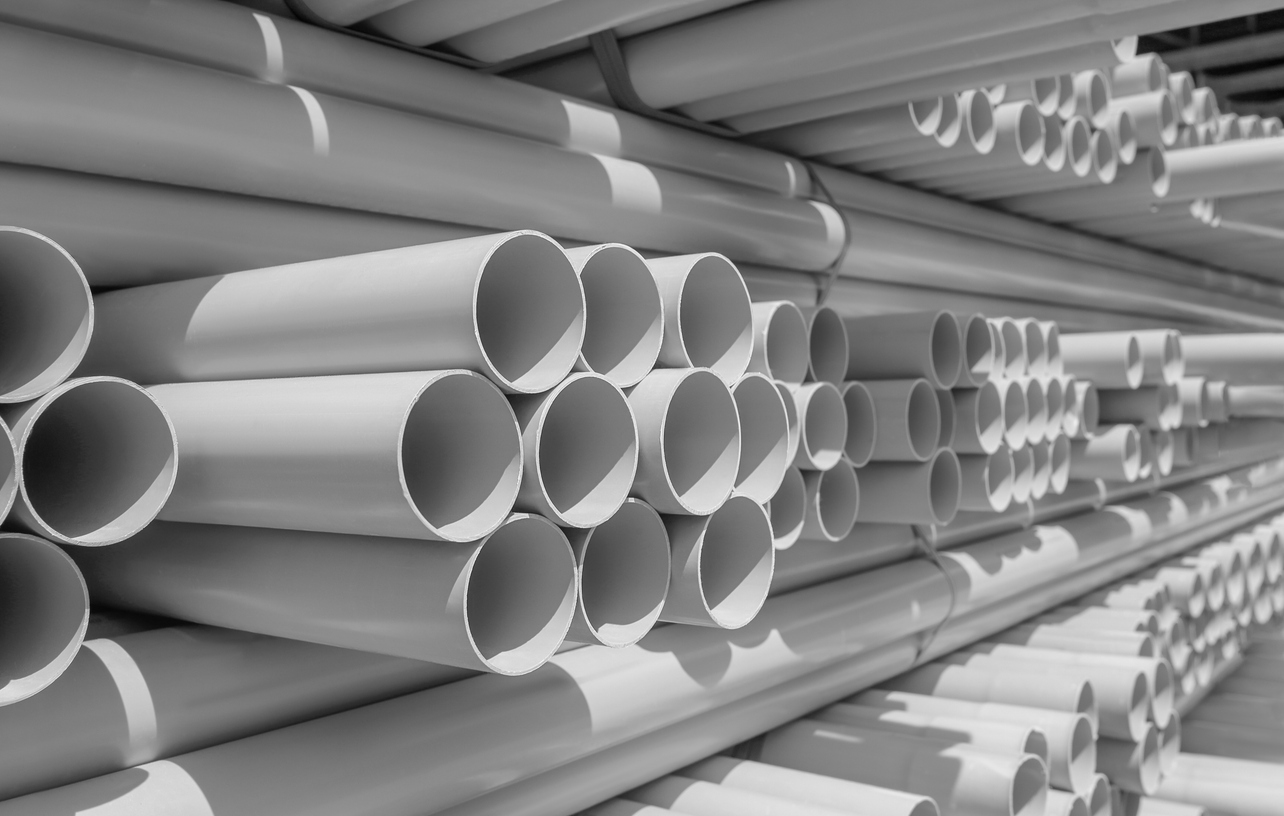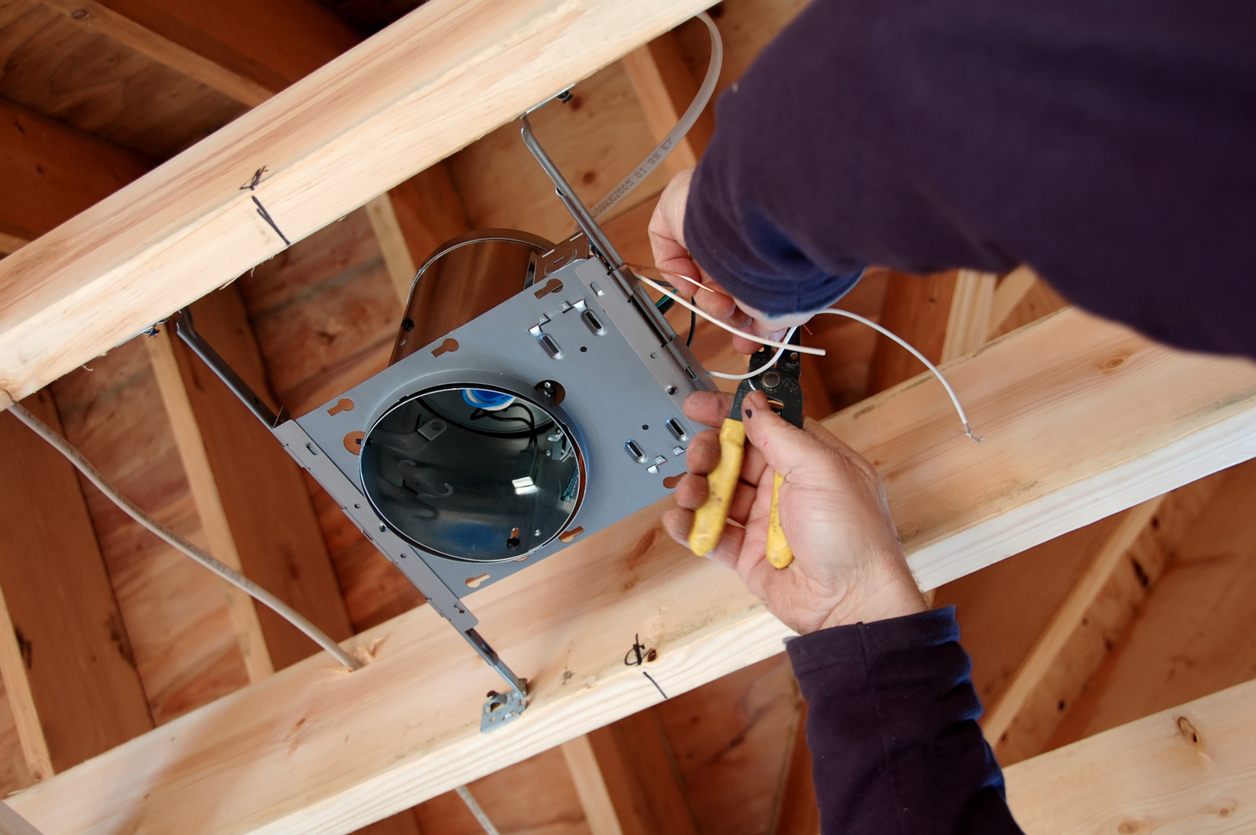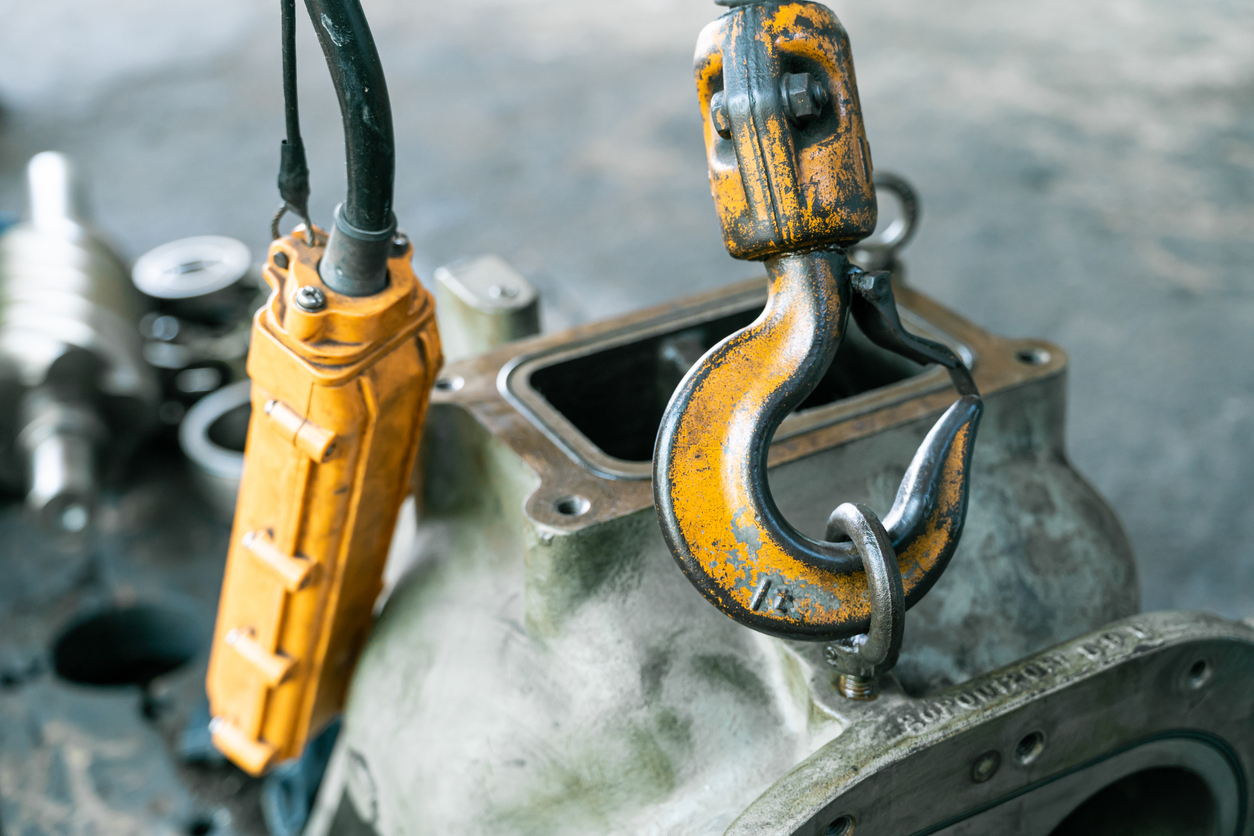Discover the Benefits of Buying Rubber Seeds in Nigeria
Buying rubber seeds in Nigeria is a great way to benefit from the country’s rich natural resources. Nigeria is the world’s largest producer of natural rubber and is known for its high-quality rubber seed varieties. With the right selection, rubber seeds can provide an excellent source of income for farmers, as well as a range of other benefits. The wide range of rubber seed varieties available in Nigeria makes it possible to find the perfect type for your needs and budget. From large plantations to small-scale operations, rubber trees can provide a range of benefits to farmers, including improved soil fertility, higher yields, and greater profits. Furthermore, rubber trees are ideal for small-scale rubber production due to their high yields and low costs. So, if you’re looking to take advantage of the unique benefits of rubber seeds in Nigeria, read on to learn more!
Discover the Benefits of Buying Rubber Seeds in Nigeria
Nigeria is the world’s largest producer of natural rubber and is known for its high-quality rubber seed varieties. Buying rubber seeds in Nigeria is a great way to benefit from the country’s rich natural resources, as the wide selection of rubber seed varieties available can provide a range of advantages to farmers. From large plantations to small-scale operations, rubber trees can provide a range of benefits to farmers, including improved soil fertility, higher yields, and greater profits.
What Are Rubber Seeds?
Rubber seeds are the seeds of rubber trees, which are native to tropical regions of Africa, South America, and Southeast Asia. The rubber tree (Hevea brasiliensis) is the main source of natural rubber, which is extensively used in a range of products from tires to medical gloves. The rubber tree is an evergreen tree that grows up to 40 meters in height and can live up to 200 years.
Rubber trees are propagated from seeds or cuttings. Seeds are harvested when the tree is between 2 and 6 years of age, while cuttings are taken from mature trees. Rubber seeds are available in a range of sizes, shapes, and colors, and they vary in terms of their germination rate and growth potential.
Benefits of Investing in Rubber Seeds in Nigeria
Rubber trees can provide a range of benefits to farmers. First and foremost, rubber trees are a great way to improve soil fertility, as their deep roots help to aerate and enrich the soil. They also help to protect soil from erosion and can be used to restore degraded land. Furthermore, rubber trees can help to conserve water, as they can reduce surface runoff and help to capture moisture from the air.
Rubber trees also have the potential to generate high yields. A single rubber tree can produce up to 500 kilograms of rubber per year, making them a great choice for small-scale rubber production. Moreover, rubber trees are relatively low-cost to maintain and can be harvested for up to 20 years, making them a great long-term investment.
Types of Rubber Seeds Available in Nigeria
In Nigeria, there are two main types of rubber seeds: wild rubber and cultivated rubber. Wild rubber is harvested from wild rubber trees, while cultivated rubber is produced from trees grown in managed plantations. Wild rubber is generally of lower quality than cultivated rubber, but it is much cheaper and easier to obtain.
Cultivated rubber is the most popular type of rubber seed in Nigeria, as it is of higher quality and yields higher returns. The most commonly cultivated rubber varieties in Nigeria are Hevea brasiliensis, Hevea guianensis, and Hevea benthamiana. Each of these varieties has different characteristics, including germination rate, growth potential, and yield.
How to Select the Right Rubber Seeds for Your Needs
When selecting rubber seeds, it is important to consider a few key factors. First, consider the type of rubber you wish to produce. Different rubber varieties have different properties, so it is important to select a variety that is suitable for your needs. For example, Hevea brasiliensis is more suitable for the production of latex, while Hevea guianensis is better for rubber production.
It is also important to consider the size, shape, and color of the rubber seeds. Different varieties of rubber seeds have different sizes, shapes, and colors, so it is important to select a variety that is suitable for your needs. Finally, consider the germination rate and growth potential of the rubber seeds. Different varieties of rubber seeds have different germination rates and growth potentials, so it is important to select a variety that is suitable for your needs.
How to Plant and Grow Rubber Trees
Once you have selected the right rubber seeds for your needs, you will need to plant them in order to begin growing rubber trees. The best time to plant rubber seeds is during the rainy season, as this ensures that the seeds will receive enough moisture to germinate.
When planting rubber seeds, it is important to ensure that the soil is well-drained and sufficiently aerated. It is also important to select a site that is sheltered from strong winds and direct sunlight, as these can damage the young plants. When planting the seeds, it is important to bury them about 4 cm deep in the soil.
Rubber Tree Yields in Nigeria
Rubber tree yields in Nigeria vary depending on the variety and the quality of the soil in which they are planted. Generally, rubber tree yields in Nigeria range from 250 to 500 kilograms per hectare per year. However, yields can be higher if the soil is well-drained and sufficiently aerated.
The amount of rubber produced by each tree also varies depending on the age of the tree. For example, a mature tree can produce up to 500 kilograms of rubber per year, while a younger tree may only produce up to 250 kilograms of rubber per year.
Rubber Tree Pests and Diseases
Rubber trees can be affected by a range of pests and diseases. The most common pests affecting rubber trees in Nigeria are the mealybug, scale insect, and the red weevil. These pests can cause damage to the leaves and fruits of the tree, resulting in reduced yields.
The most common diseases affecting rubber trees in Nigeria are root rot and fungal diseases. These diseases can cause the roots of the tree to rot, resulting in reduced yields. It is important to take steps to prevent and control these pests and diseases in order to maximize yields.
Rubber Tree Harvesting and Processing
Once the rubber trees have matured and begun to produce rubber, they must be harvested and processed in order to obtain the rubber. The harvesting process involves tapping the rubber tree to extract the latex, which is then collected in buckets or containers. The latex is then processed to remove impurities, before being dried and stored in airtight containers.
The processing of the rubber is a labor-intensive process and requires specialized equipment. However, the rubber can be processed on a small scale, making it possible for small-scale rubber producers to benefit from the rubber tree yields.
How to Market Your Rubber Seeds in Nigeria
Once you have harvested and processed the rubber, you will need to market it in order to obtain a good price. One of the best ways to market your rubber in Nigeria is to join a rubber association. These associations provide a range of services, such as market information, price negotiation, and product promotion.
Another way to market your rubber is to join an online marketplace. There are a number of online marketplaces in Nigeria that provide a platform for rubber producers to connect with buyers. These marketplaces provide an efficient and cost-effective way to market and sell your rubber.
Conclusion
Buying rubber seeds in Nigeria can provide a range of benefits to farmers, including improved soil fertility, higher yields, and greater profits. There are a range of rubber seed varieties available in Nigeria, so it is important to select the right variety for your needs. Furthermore, rubber trees can be harvested for up to 20 years, making them a great long-term investment. Finally, rubber producers can take advantage of a range of marketing opportunities, such as joining a rubber association or using an online marketplace, in order to maximize their profits.








LEAVE A COMMENT
You must be logged in to post a comment.